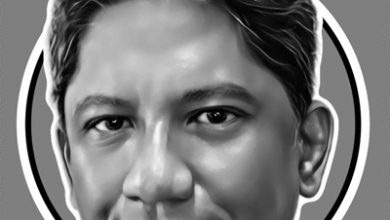Why do Philosophers Argue?


“Philosophy is a very rich tradition of argument and engagement with the public in conversations. Conversation, of course, is the summum bonum (supreme good) of life. Conversation in philosophy takes many great forms. Plato called it dialogues, Hegel called it dialectics and Wittgenstein called it epigrams,” said speaker, Koh Chye Hock.
The presentation was a small extract from a book that he has been working on by the same topic.
Chye painted the broad outlines and evoked flashes of what philosophy is through examining key divisional aspects of philosophy and philosophers in the history of Western philosophy.
Why do philosophers argue? “There are two broad reasons. First, it is the subject matter itself. Philosophers deal with things that are uncertain. Philosophers argue, they do not quarrel, it is nothing personal. Secondly, character. Human reason is troubled by questions that it cannot dismiss but also cannot answer.


Philosophers are wired to argue and debate,” Chye insisted.
According Chye, it is the business of philosophers to both ask questions and argue the answers to tease out the fundamental truths.
Without public conversations, there would be public silence. Democracy requires meaningful public conversations.
The programme concluded with a question and answer session.
Attended by over 50, present were Chan Kok Keong, Deputy Chairman of Perak Academy and Howard Lee Chuan How, the Executive Councillor for Youth, Sports and Character Building.
A native of Ipoh, Chye studied philosophy at the University of Utah, USA. By profession, he is a lawyer. He is the author of “The Chronicler: One Man’s Diary on Life”. Specialising in oil and gas law and working for an American multinational oil company, he is an active leader in his community in non-profit and performing arts space.
“I’ve often been asked how my studies in philosophy have helped me in the practical application of the law and the cut and thrust world of corporate business. I do not cut or thrust; I practise law with a heavy dose of philosophical persuasion, compassion and detachment,” he stated.
Mei Kuan


